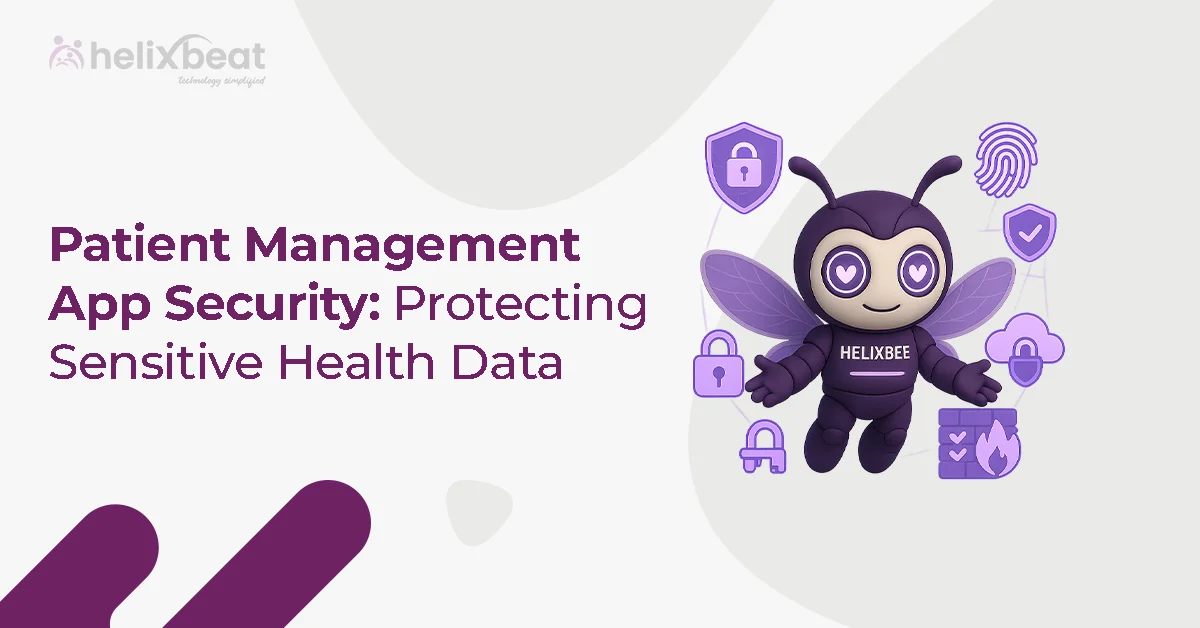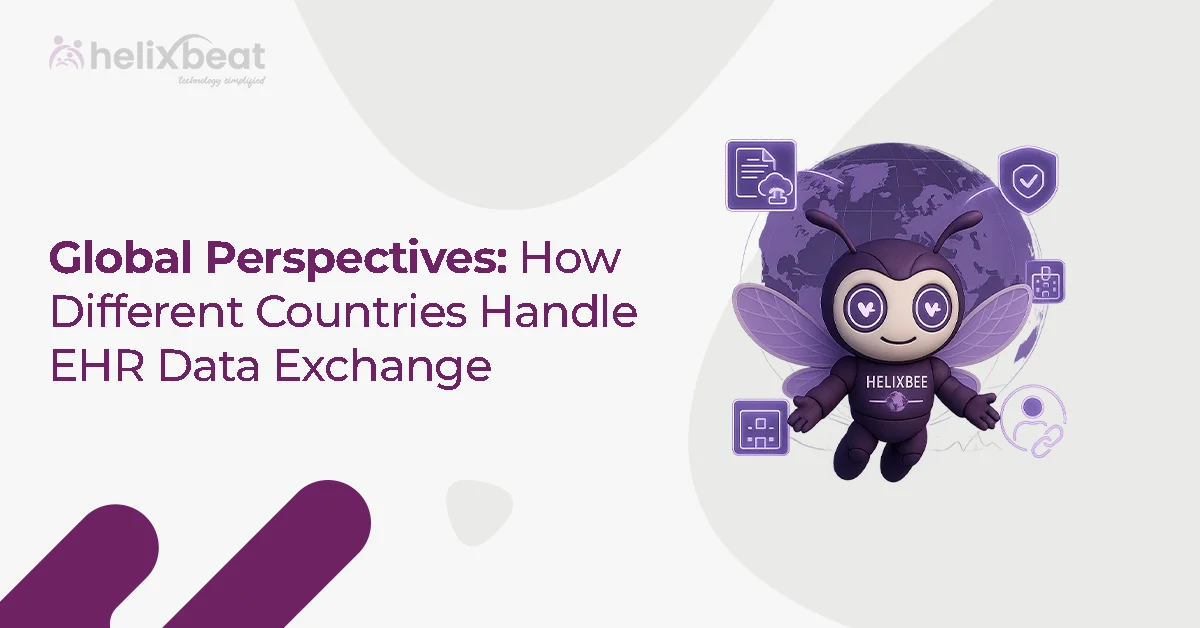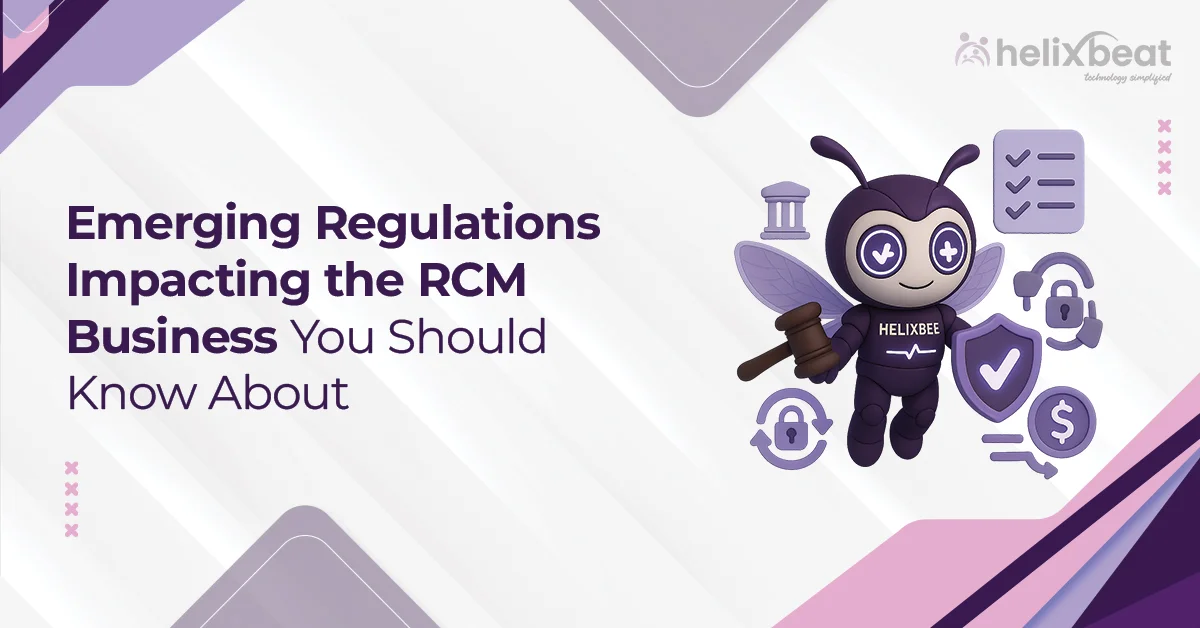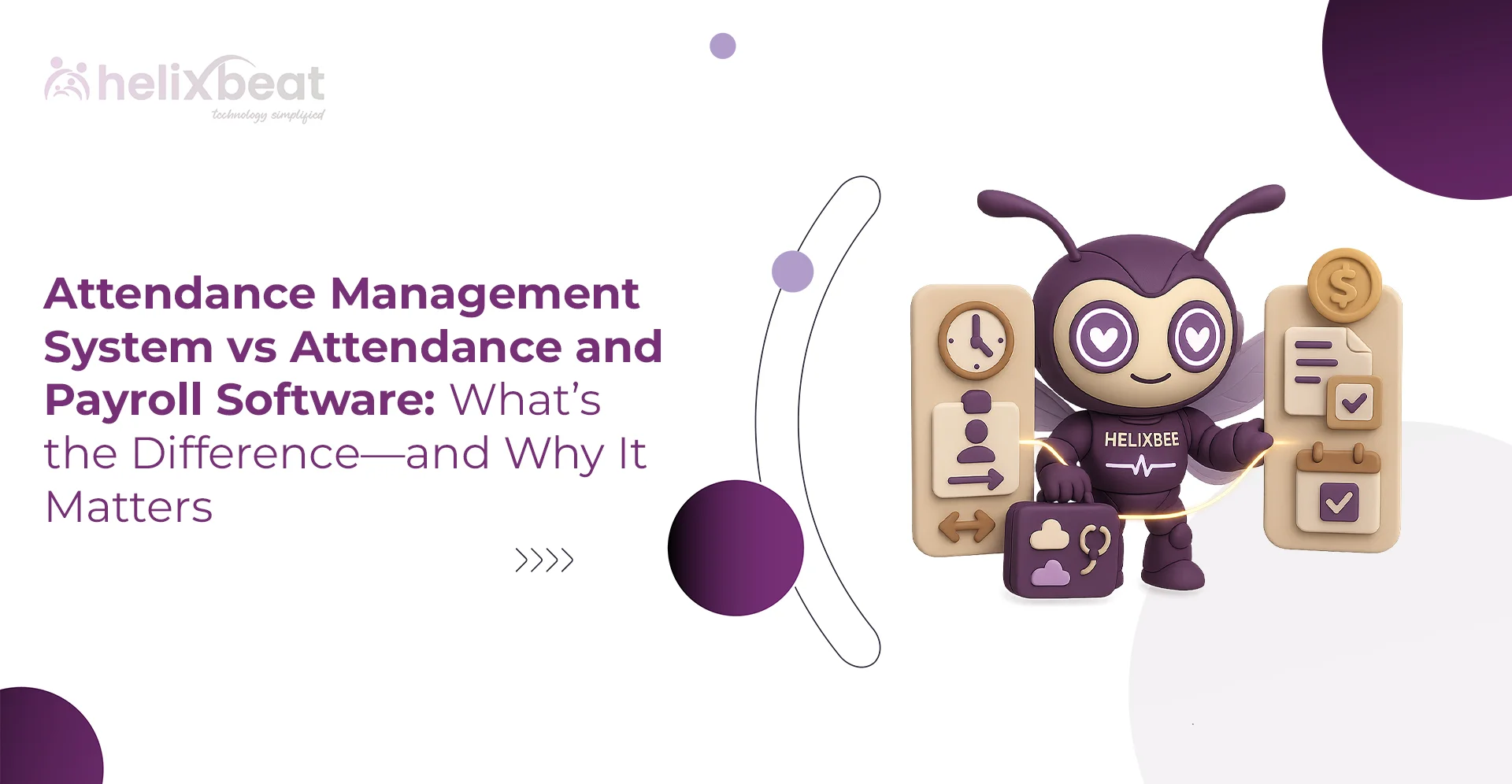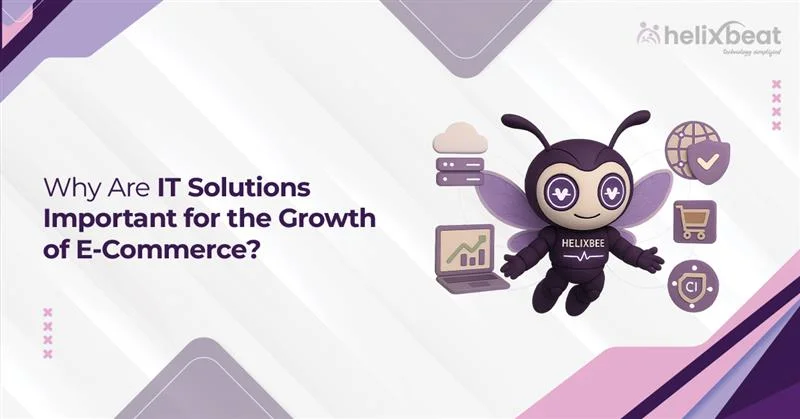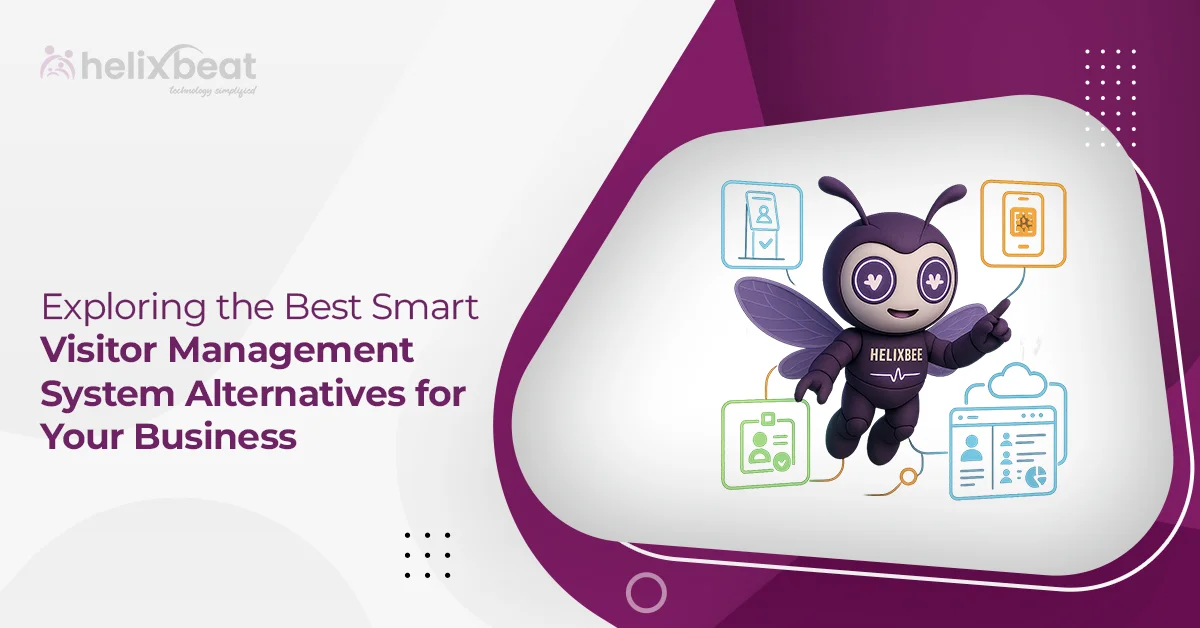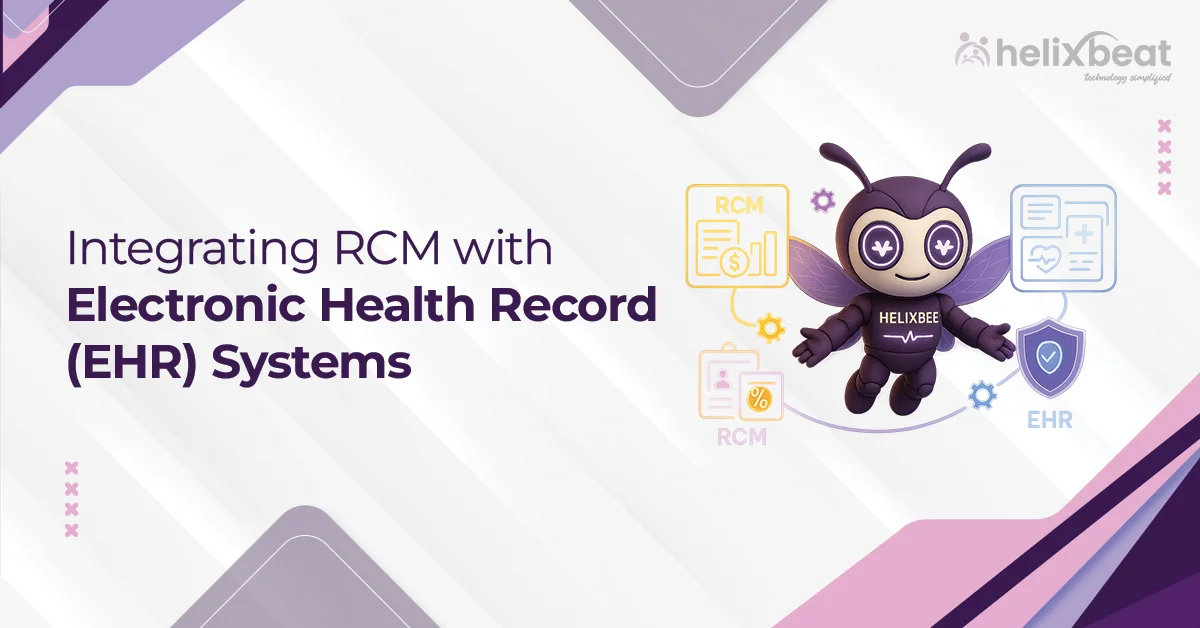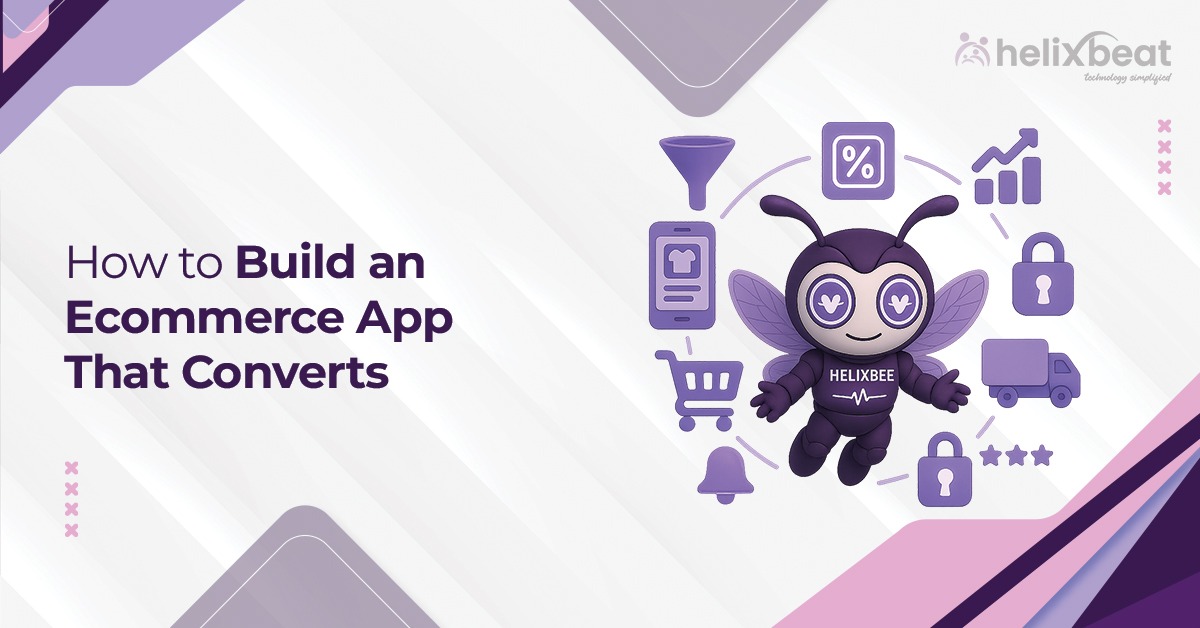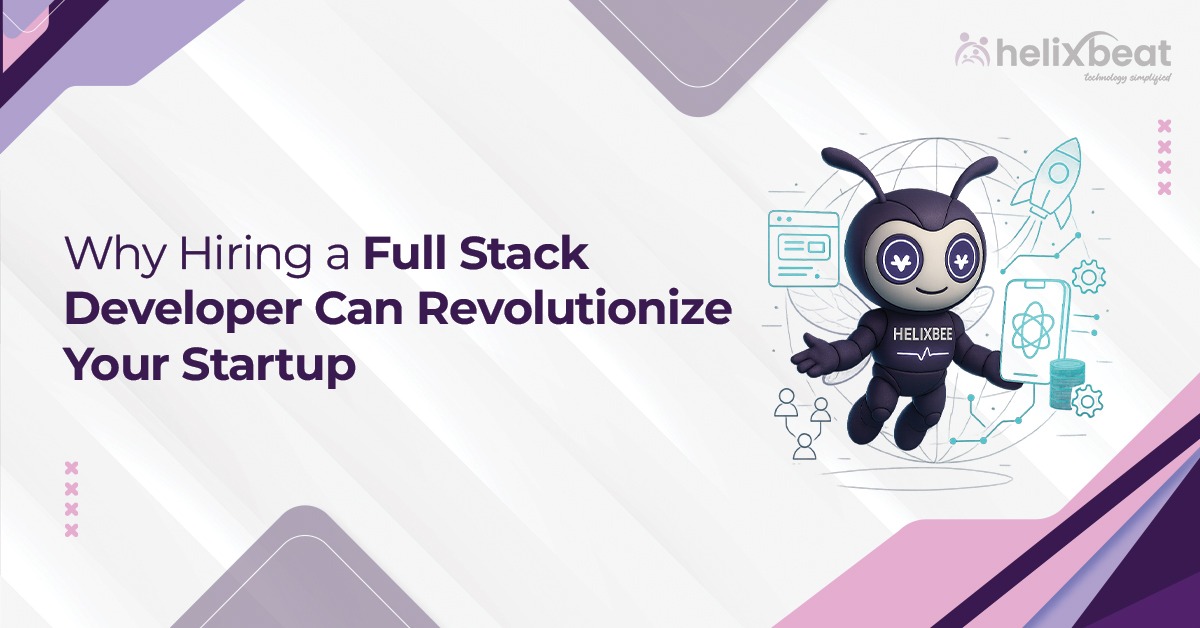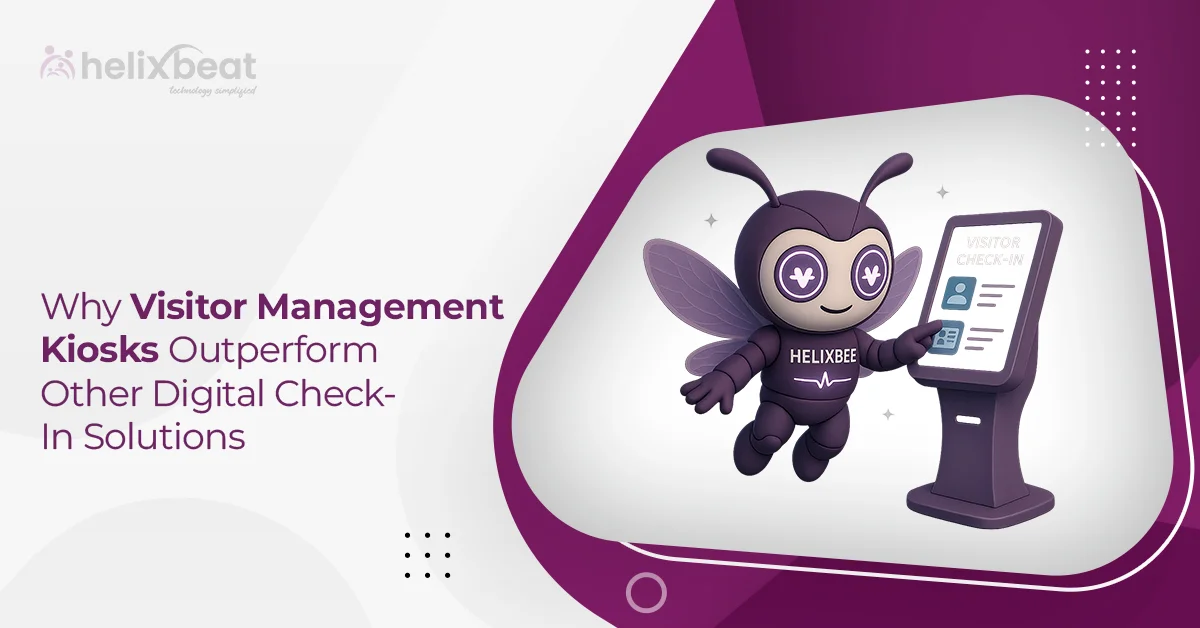Imagine a healthcare system where every patient’s private health record is just a click away from being compromised. With cyberattacks targeting the healthcare industry on the rise, securing the patient management app is more crucial than ever.
Patient management apps have become a cornerstone of healthcare, enabling providers to track medical records, schedule appointments, and communicate directly with patients. However, the more we digitize, the more we must protect. From personal health information to treatment histories, safeguarding this data is essential not only for compliance with regulations like HIPAA but also for preserving the trust of patients who entrust their most private information to healthcare professionals.
Table of Contents
What is a Patient Management App?
A patient management app is a digital tool designed to help healthcare providers efficiently manage patient information and interactions. These apps are essential for organizing and streamlining various aspects of healthcare administration and patient care. From managing appointments to securely storing medical records, patient management apps offer a centralized platform for healthcare professionals to interact with patients and monitor their health journey.
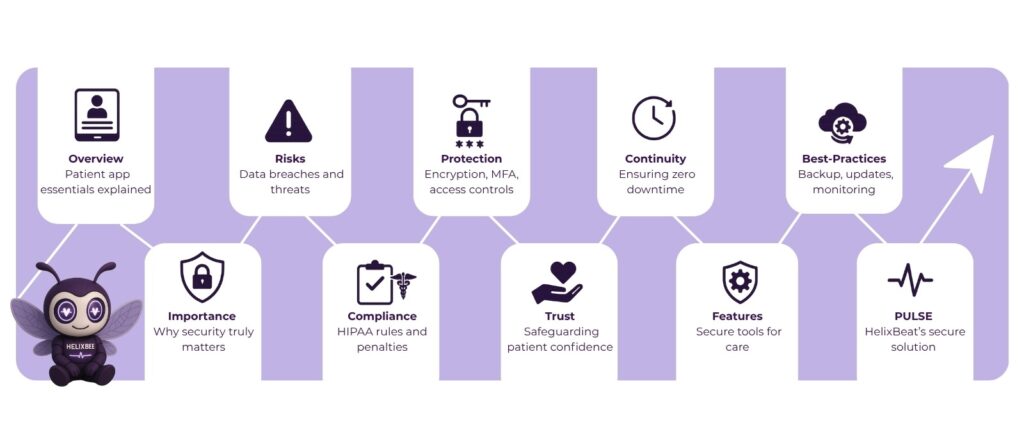
Why is Security Crucial for Patient Management Apps?
Patient management apps are vital tools for organizing, accessing, and managing sensitive health data. However, these apps also become prime targets for cyberattacks due to the highly confidential nature of the data they handle. Securing this information is not only a matter of protecting patient privacy but also ensuring compliance with stringent regulations, such as HIPAA.
Here’s why security is so crucial in patient management apps, specifically in HelixBeat’s PULSE platform:
Protection of Sensitive Data
Healthcare data, including medical history, prescriptions, and personal identifiers, is among the most sensitive information. A single breach can compromise the privacy and safety of patients.
- Example: Personal health information, such as a patient’s medical conditions or history, can be used maliciously in identity theft or fraud if exposed.
Avoiding Data Breaches
Data breaches occur when unauthorized parties gain access to patient data. This is one of the most significant threats to healthcare apps and can result in severe financial, legal, and reputational consequences.
- Impact: In the U.S., healthcare organizations spent $6.2 billion on breach-related costs in 2020, according to IBM.
- PULSE Solution: By using end-to-end encryption and role-based access control, PULSE ensures that only authorized users can access sensitive data.
Mitigating Cyberattacks and Ransomware
The healthcare sector is frequently targeted by cybercriminals, with ransomware attacks becoming more common. Attackers lock down access to vital patient data until a ransom is paid.
- Example: A healthcare provider may find that their entire patient database is encrypted and held hostage until a ransom is paid. This can halt operations and cause delays in care.
- PULSE Solution: With AI-driven security and real-time threat detection, PULSE can identify and block suspicious activity before it escalates into a full-blown attack.
Ensuring Compliance with Regulatory Standards
Healthcare organizations must comply with regulations like HIPAA (Health Insurance Portability and Accountability Act) in the U.S., which mandates strict security controls for handling patient data. Non-compliance can result in hefty fines and legal action.
- Penalties: The Department of Health and Human Services has levied fines of over $80 million for HIPAA violations in recent years.
- PULSE Solution: PULSE ensures that every aspect of data handling is fully HIPAA-compliant, including data storage, transmission, and user access management.
Preventing Unauthorized Access and Insider Threats
Not all threats come from external sources. Insider threats, such as employees accessing patient data without authorization, can also compromise patient privacy.
- Example: An employee may access a patient’s confidential records without a valid reason, potentially leading to data misuse.
- PULSE Solution: PULSE uses multi-factor authentication (MFA) and detailed audit trails to monitor access and prevent unauthorized users from viewing or altering sensitive data.
Maintaining Trust and Reputation
Data security is not just about meeting legal compliance requirements; it is also about maintaining trust with patients. When patients use a patient management app, they expect their data to be safe. Any breach can lead to patient distrust and damage a healthcare provider’s reputation.
- Example: A breach can lead patients to move their care elsewhere, resulting in a loss of business and damage to the brand’s credibility.
- PULSE Solution: With real-time data protection and patient-centric security features, PULSE ensures that patient trust is maintained.
Ensuring Business Continuity
A security incident, such as a data breach or cyberattack, can disrupt healthcare operations, resulting in downtime, productivity loss, and delayed care.
- Impact: Healthcare providers may face days or even weeks of system downtime, which could severely impact service delivery.
- PULSE Solution: PULSE provides disaster recovery options and regular data backups, ensuring that critical patient data is always recoverable in the event of an incident.
Protecting Against Phishing and Social Engineering Attacks
Cybercriminals frequently employ phishing attacks to deceive healthcare staff into divulging login credentials or granting access to sensitive data.
- Example: A fake email may convince an employee to provide login credentials for the system, granting attackers access to sensitive patient data.
- PULSE Solution: By integrating anti-phishing tools and secure communication channels, PULSE helps reduce the risk of these types of social engineering attacks.
Key Features of a Secure Patient Management App
A secure patient management app must provide a comprehensive set of features that ensure data integrity, confidentiality, and availability. Let’s explore these critical features:
- Patient Information Management:
- Stores personal data, including names, contact details, and medical history.
- Maintains a comprehensive record of patient diagnoses, treatment plans, and medications.
- Appointment Scheduling and Reminders
- Allows patients to schedule appointments directly through the app.
- Sends automated reminders to patients to reduce no-shows.
- Electronic Health Records (EHR)
- Facilitates the storage and retrieval of digital patient records.
- Integrates with other healthcare systems for seamless access to patient data.
- Medical History Tracking
- Tracks a patient’s medical history over time, including previous diagnoses, surgeries, allergies, and test results.
- Provides healthcare providers with a complete picture of a patient’s health for informed decision-making.
- Real-Time Communication
- Enables secure messaging between patients and healthcare providers.
- Facilitates remote consultations, reducing the need for in-person visits.
- Medication Management
- Allows doctors to prescribe medications directly through the app.
- Sends reminders to patients to take their medication on time and tracks their medication adherence.
- Lab Results and Diagnostics
- Integrates with laboratory systems to provide easy access to test results.
- Sends notifications to patients about available results, improving follow-up times.
- Secure Patient Data Storage
- Ensures sensitive health information is stored with high-level encryption.
- Helps healthcare providers comply with HIPAA and other privacy regulations.
- Patient Education
- Provides resources and educational materials tailored to meet the individual needs of each patient.
- Includes videos, articles, and tips to help patients better understand their health conditions and treatment plans.
- Billing and Insurance
- Manages patient billing and tracks insurance claims.
- Provides payment portals for patients to pay for services online.
- Data Analytics and Reporting
- Tracks patient engagement, adherence rates, and other metrics to help providers improve care.
- Provides actionable insights to identify trends and areas for improvement.
- Integration with Other Healthcare Systems
- Integrates with Electronic Medical Records (EMR), hospital information systems (HIS), and other clinical tools.
- Ensures seamless data exchange between different departments for holistic patient care.
Best Practices for Securing Health Data in the USA
Healthcare providers must adopt a proactive approach to security. Below are some best practices to safeguard patient data:
- Implementing HIPAA Compliance
The Health Insurance Portability and Accountability Act (HIPAA) provides federal standards for healthcare data privacy and security. Ensuring your patient management app meets HIPAA requirements is crucial for protecting patient data and avoiding legal consequences.
- Ensure that your app provides data encryption and secure user authentication.
- Maintain an audit trail of all user access to patient records.
- Data Backup and Disaster Recovery Plans
Regular backups of patient data and a disaster recovery plan are essential in the event of a system failure or cyberattack. This ensures that data is not lost and can be recovered quickly, minimizing downtime and operational disruption.
- Regular Software Updates and Patches
Keeping your patient management app up to date with the latest security patches is critical to protecting it against new vulnerabilities. Healthcare providers should implement automated software updates to ensure their systems are always running with the latest security enhancements.
Why Choose PULSE for Secure Patient Management?
At HelixBeat, we understand that the security of patient data is paramount. That’s why our PULSE platform is designed with advanced security features to ensure the protection of sensitive health information. Built to meet the highest industry standards, PULSE helps healthcare providers comply with critical regulations while providing a seamless and secure experience for managing patient data.
Key Security Features of PULSE:
End-to-End Encryption
All patient data is encrypted during both transmission and storage. This ensures that information is secure as it moves between healthcare providers, systems, and patients, keeping it safe from unauthorized access.
HIPAA Compliance
PULSE is fully compliant with HIPAA (Health Insurance Portability and Accountability Act), ensuring that your healthcare organization meets all the legal requirements for data privacy and security.
Access Controls
With role-based permissions, PULSE ensures that only authorized users can access sensitive patient data. Whether it’s a doctor, nurse, or administrative staff member, access to patient records is tightly controlled to prevent unauthorized viewing or modification.
Two-Factor Authentication
PULSE utilizes two-factor authentication (2FA), providing an additional layer of protection against unauthorized access. This requires users to verify their identity using both a password and a second authentication method (such as a phone number or biometric scan).
Audit Trails
The platform generates detailed audit logs of all system activities, offering transparency and accountability. These logs track who accessed the data, what changes were made, and when, providing a comprehensive record for compliance and security audits.
CTA: Experience the Power of Secure Healthcare Management with PULSE, Request Your Personalized Demo Today
Looking Ahead
As healthcare providers manage a growing volume of sensitive health data, the need for strong security in patient management apps is paramount. This data, ranging from medical histories to personal identifiers, is a prime target for cyberattacks. To protect this valuable information, patient management apps must offer comprehensive security features, including end-to-end encryption, secure messaging, and multi-layered authentication.
HelixBeat’s PULSE is designed with these security imperatives in mind. It ensures HIPAA compliance, encrypts patient data both in transit and at rest, and provides robust role-based access controls to guarantee that only authorized users can access sensitive information. By leveraging PULSE, healthcare organizations can protect patient data against breaches, maintain patient trust, and meet stringent regulatory requirements.
Start Your Free Trial of PULSE
FAQs
- What security features should a patient management app have?
It should include encryption, secure communication, and role-based access controls to protect sensitive patient data.
- Is PULSE HIPAA compliant?
Yes, PULSE is entirely HIPAA compliant, ensuring that all patient data is protected according to industry standards.
- Can PULSE be deployed on-premise or in the cloud?
Yes, PULSE offers both cloud and on-premise deployment options to meet the needs of healthcare providers.
- What is the best way to secure patient data?
Use end-to-end encryption, secure user authentication, and regular software updates to protect patient data.
- How does PULSE improve patient management security?
PULSE provides role-based access, audit trails, and encrypted communication to ensure that sensitive patient data is always protected.
- Why is secure messaging important in healthcare?
It ensures that all communication between providers and patients remains private and compliant with HIPAA regulations.
- What is the role of disaster recovery in healthcare app security?
Disaster recovery ensures that patient data can be quickly restored in the event of a cyberattack or system failure.
- What are the benefits of cloud-based patient management apps?
Cloud-based apps offer scalability, automated backups, and security features like encryption, making them a reliable choice for healthcare providers.
- How often should a patient management app be updated?
Regular software updates and security patches are necessary to protect against new vulnerabilities.
- How does PULSE ensure data privacy?
PULSE uses end-to-end encryption and multi-factor authentication to ensure that patient data is protected at all times.
- Can patient management apps integrate with existing EHR systems?
Yes, PULSE can integrate with existing EHR systems, ensuring seamless data flow across platforms.
- What steps should be taken to prevent data breaches in patient management apps?
Implement strong access controls, encryption, and continuous monitoring to prevent unauthorized access to sensitive patient information.



